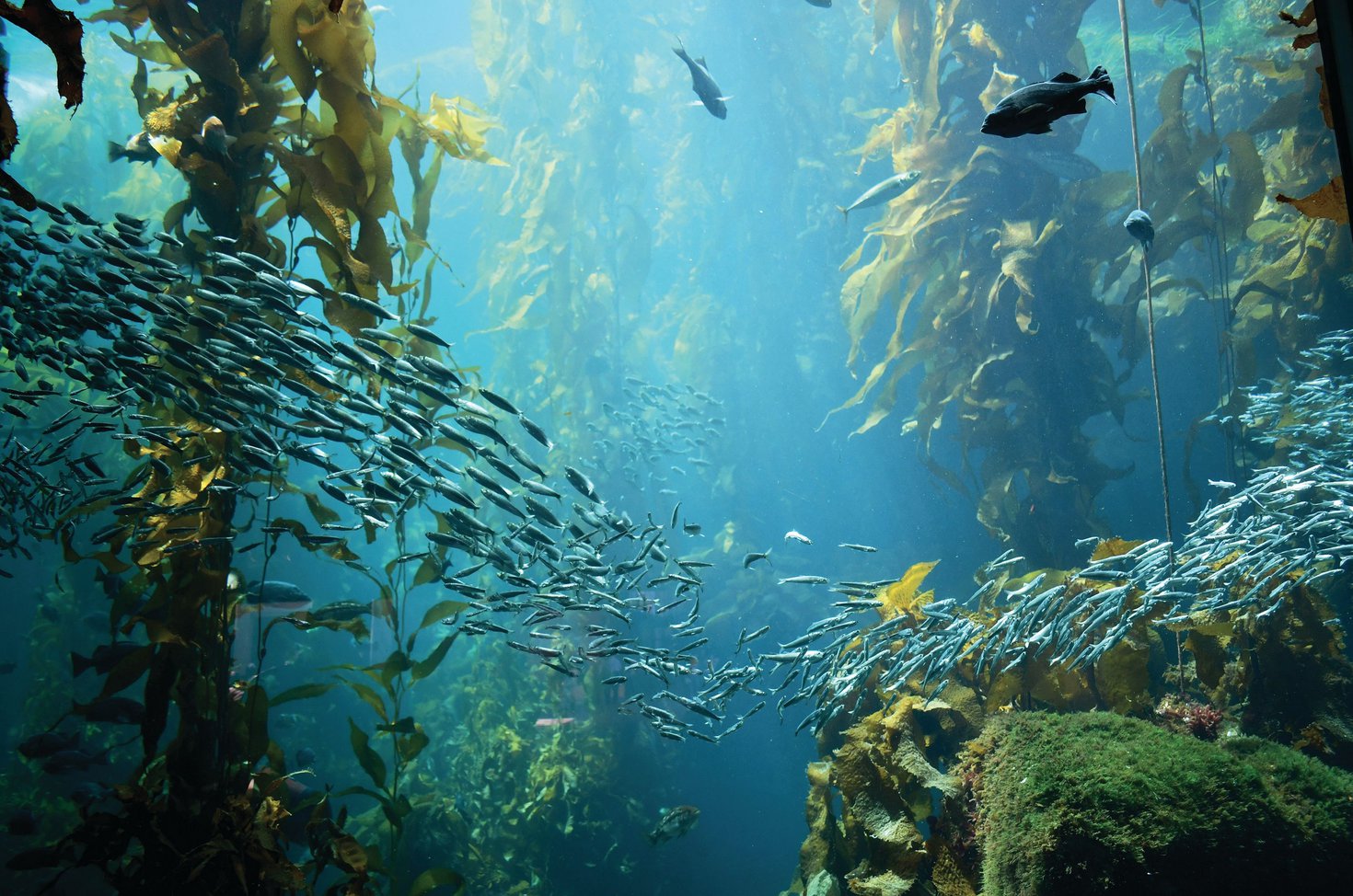The ocean is one of the most captivating and intriguing places on our planet. It is vast, beautiful, and full of life. From its sparkling blue waters to its incredible diversity of marine life, the ocean is a wonder that never ceases to amaze us. In this article, we will explore some of the wonders and mysteries of the ocean.
The ocean is the largest body of water on Earth, covering more than 70% of its surface. It is home to millions of species of plants and animals, many of which are still undiscovered. The ocean is also responsible for producing over half of the oxygen we breathe, making it a vital part of our ecosystem.
One of the most fascinating aspects of the ocean is its incredible diversity of marine life. From the tiniest plankton to the largest whales, the ocean is home to an array of creatures that are both beautiful and bizarre. The coral reefs, for example, are some of the most diverse ecosystems on the planet, housing thousands of species of fish, sharks, and other marine creatures. The ocean is also home to some of the largest creatures on Earth, such as the blue whale, which can grow up to 100 feet long and weigh as much as 200 tons.
The ocean is also a place of mystery and intrigue. Despite our best efforts, there is still much we don't know about this vast body of water. For example, the deep sea, which makes up more than 80% of the ocean's volume, is largely unexplored. Scientists have discovered thousands of new species in the deep sea, many of which are unlike anything else on Earth. Some of the most fascinating creatures found in the deep sea include bioluminescent jellyfish, vampire squids, and giant tube worms.
Another mystery of the ocean is its ability to absorb carbon dioxide. The ocean is one of the largest carbon sinks on the planet, absorbing more than 25% of the carbon dioxide that humans release into the atmosphere. While this helps to mitigate the effects of climate change, it also has consequences for marine life. The increased acidity of the ocean can have devastating effects on the shells of marine animals, making it difficult for them to survive.
The ocean also plays a vital role in regulating the Earth's climate. Its currents help to distribute heat around the planet, which is essential for maintaining the delicate balance of our ecosystem. The Gulf Stream, for example, is a warm current that helps to keep Europe's climate mild, despite its northern latitude. Changes in ocean currents can have far-reaching effects on the planet's climate, which is why it is essential to understand and protect our oceans.
Unfortunately, the ocean is facing a range of threats, from pollution and overfishing to climate change and habitat destruction. Plastic pollution, in particular, is a major problem in our oceans, with millions of tons of plastic waste entering the ocean every year. This waste can harm marine life, damage habitats, and even find its way into the food we eat.
The good news is that there are steps we can take to protect our oceans. One of the most important things we can do is reduce our plastic use. This means using reusable bags, water bottles, and straws, and avoiding single-use plastics whenever possible. We can also support organizations that are working to protect the ocean, such as the Ocean Conservancy and the Surfrider Foundation.
